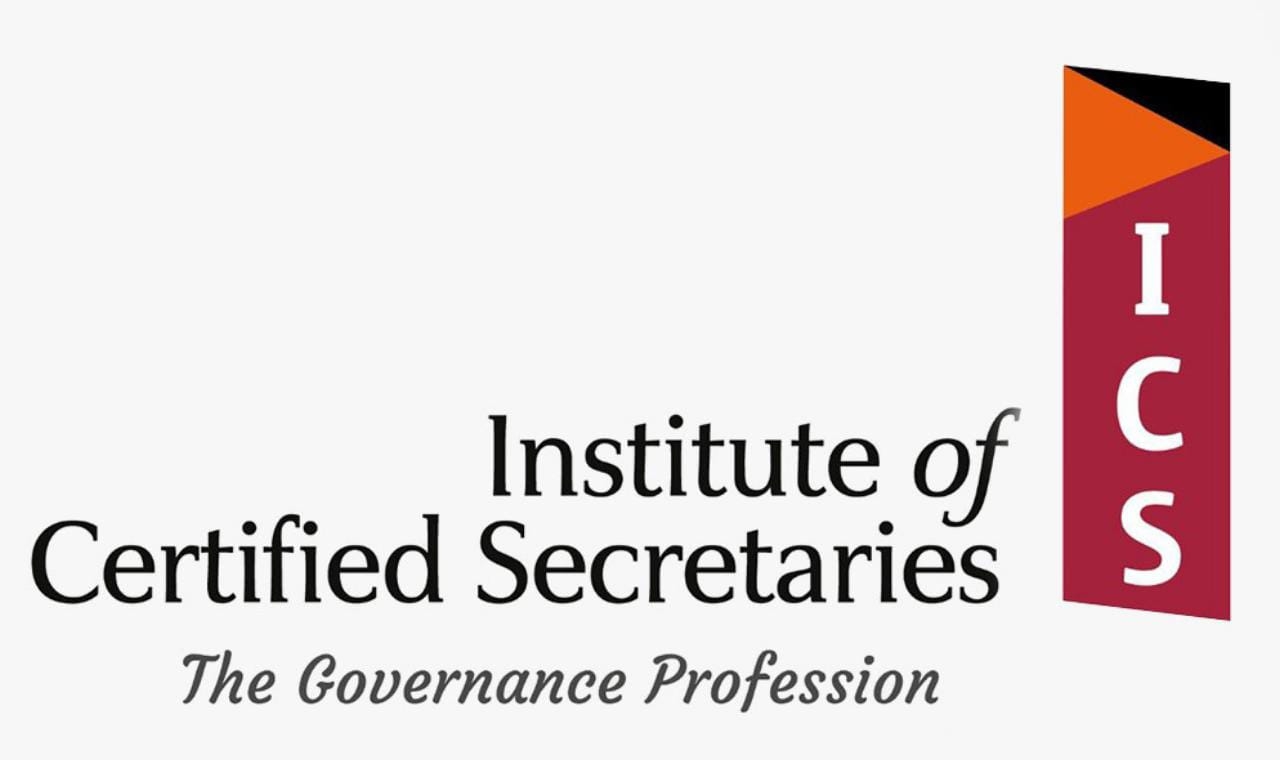Many
privately owned businesses in Kenya and across the region continue to operate
without formal boards. For many founders, the idea of establishing a board
often feels unnecessary or even risky. Common sentiments include, “I know my business best,” or “a board will only slow me down.” While
such views are understandable, they often stem from misconceptions about what a
board does and how governance contributes to business success. The reality is
that a well-constituted board is not a sign of lost control or bureaucracy: it
is a critical enabler of strategy, growth and long-term sustainability.
Several
factors contribute to the reluctance among private business owners to form
boards:
- Fear
of losing control:
Founders worry that involving others in key decisions may dilute their
authority or independence.
- Perceived
additional costs:
Boards are sometimes seen as an unnecessary financial burden with no
immediate return.
- Limited
understanding of governance:
Some view boards purely as compliance structures rather than strategic
partners.
- Cultural
and relational barriers:
In family-owned businesses, introducing external oversight can feel like
an intrusion into what has always been a personal affair.
While
these concerns are genuine, they overlook one important truth: a board enhances a founder’s control by
providing structure, foresight and accountability that protect the business and
its legacy.
A
properly designed and functional board adds measurable value to a company’s
operations and future outlook. Its impact goes well beyond oversight, it
creates strategic depth and resilience.
But how does boards improve private businesses?
Firstly,
boards provide a broader perspective on business strategy, helping management
to refine goals, evaluate opportunities and anticipate risks. By incorporating
diverse expertise in finance, operations, marketing and governance, boards help
companies make more informed decisions that drive growth.
Secondly,
no business is immune to risk. Boards play a central role in identifying vulnerabilities
and in ensuring that mitigation strategies are in place. Companies with active
boards are better equipped to navigate uncertainty, as seen during the COVID-19
pandemic when governance structures supported business continuity planning.
Thirdly,
effective boards introduce discipline in management. Through regular
performance reviews, policy frameworks and structured decision-making, they
promote transparency and accountability. This, in turn, improves operational
efficiency and strengthens investor and stakeholder confidence.
Fourthly,
governance enhances a company’s credibility in the market. Lenders, investors
and partners often prefer to work with well-governed entities, as this signals
sound management and reduced risk. A functioning board demonstrates that the
company operates with integrity, structure and foresight.
Finally,
one of the greatest challenges facing family and founder-led enterprises is
succession. Boards help institutionalize the company’s vision and values,
providing guidance and continuity during leadership transitions. In doing so,
they safeguard the founder’s legacy and ensure business longevity.
Effective
governance does not mean complexity or high cost. Private companies can adopt right-sized governance structures that
fit their scale and context. A practical board for a growing enterprise may
consist of three to five members, combining internal leadership with one or two
independent advisors. Meetings can be held quarterly, focusing on strategy,
performance and risk management.
For
founders not yet ready for a formal board, advisory boards provide a flexible alternative, offering external
perspectives without full legal obligations. What matters most is that
governance evolves alongside business growth.
Private
companies stand to gain immensely from embracing governance. Establishing a
functional board should not be viewed as a compliance exercise, but as a
strategic investment in the company’s future. At the Institute of Certified Secretaries (ICS), we continue to champion
governance excellence across all sectors, recognizing that sound governance is
the foundation of sustainable business growth. Through training, advisory
services and capacity development, ICS supports private enterprises in building
governance systems that are both practical and value-driven.
By
Emmanuel Mwaghesha Magambo
Research
and Business Development Officer,
Institute
of Certified Secretaries (ICS)
